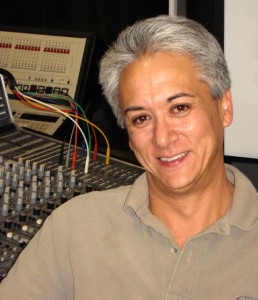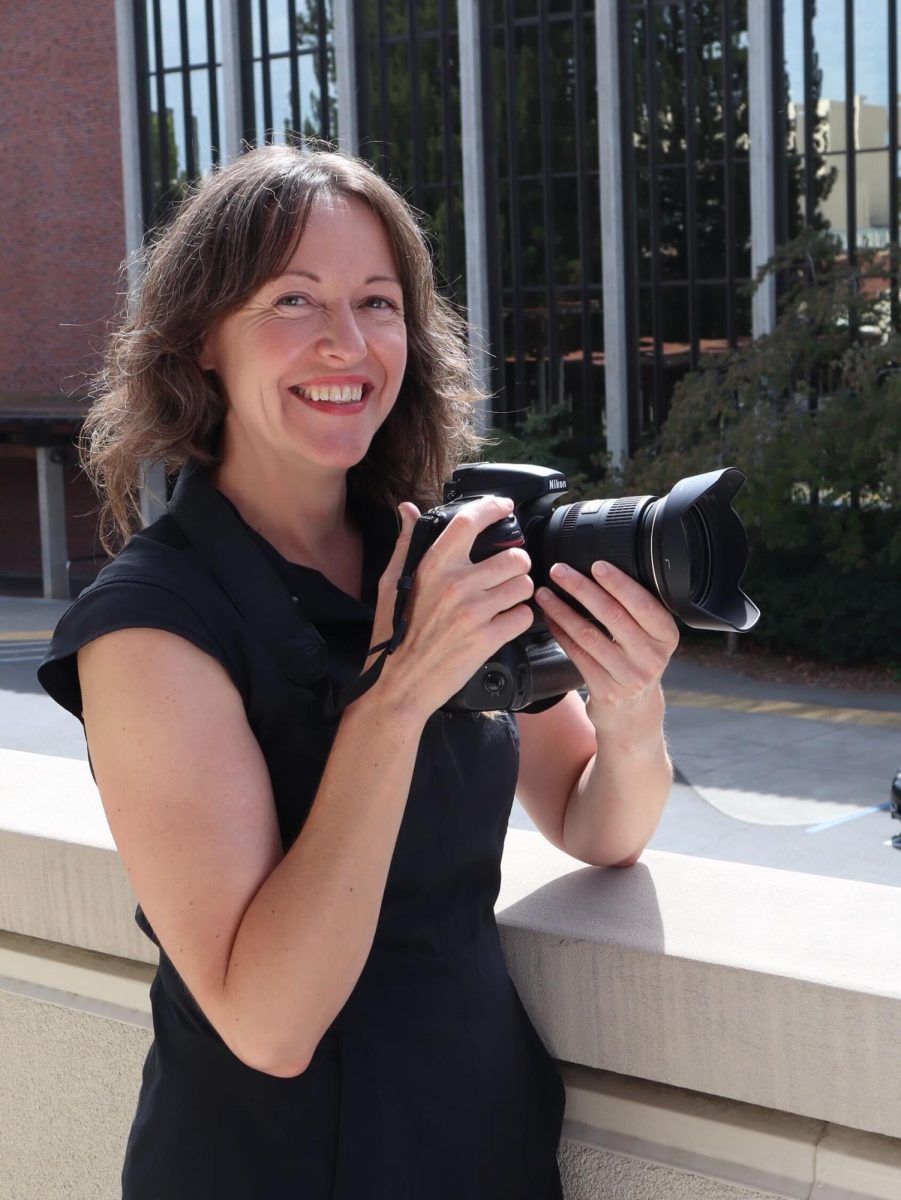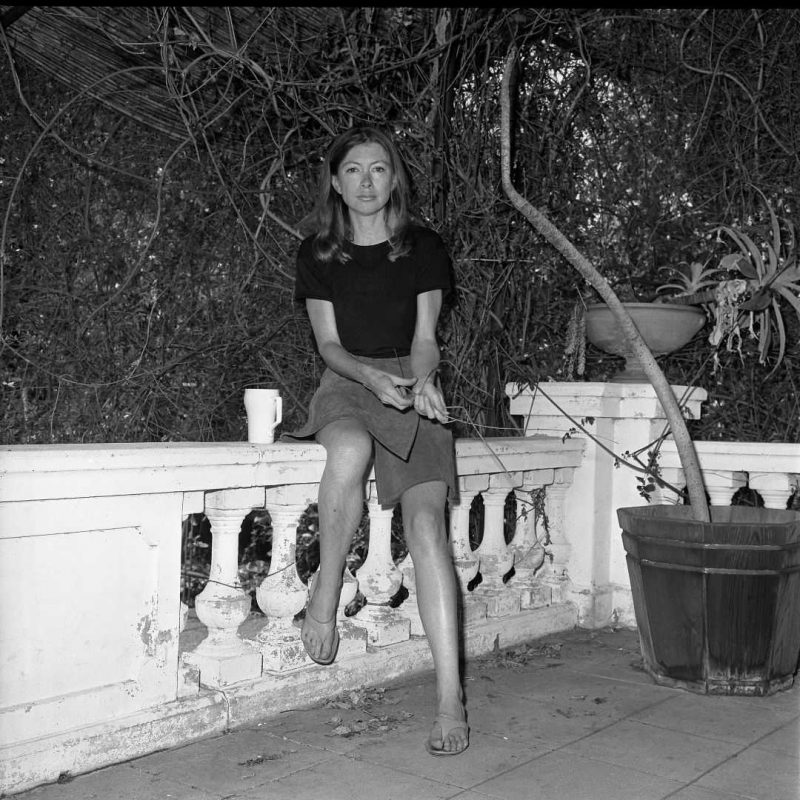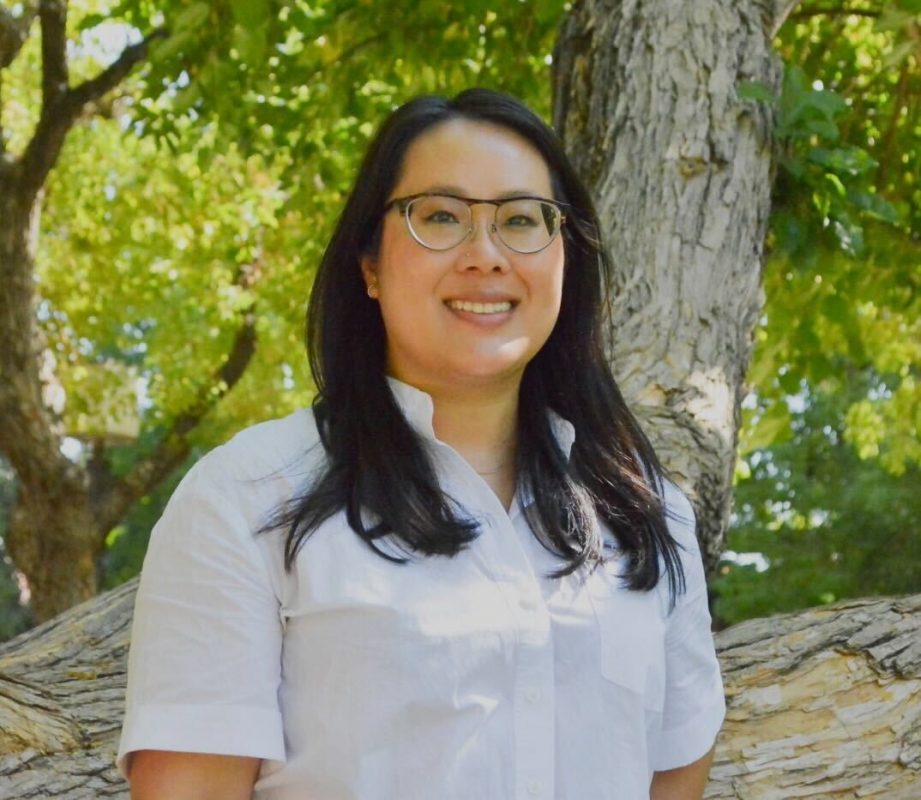
In a digital age when 2,000 over-produced MP3s can be stuffed in a pocket-sized iPod connected to cheap earbud headphones, there is a haven where music is not just a plastic commodity — and it’s right here on campus.
Tucked away above a music department auditorium, a control room cramped with only seven people blasts the music of Lyle Lovett and Tom Waits. The instructor and students analyze the songs’ production, dissecting the slightest discrepancies in sound, unrecognizable to the average listener.Professor Dean Rood offers an alternative to a passive, digital world through three courses in analog technology and studio recording, within the specializations emphasis in the City College Music Department. His students learn to appreciate music not as some formless, downloadable file, but as a tangible piece of artwork.
“Music has become a commodity,” Rood says. “It’s no different than anything else — a Web page or an Adobe file.”In MUSM 354, the recording sessions workshop, students engineer weekly five-hour sessions with local bands. They get experience placing microphones, setting recording levels and giving artists feedback.
“By the end of it, you’ve created this something that never existed six hours ago,” Rood says. “It’s something new and it’s unique, and it’s unique to that moment.”
Through MUSM 351, Analog Recording Consoles and Tape Machines, and MUSM 355, Microphones and Effects Processors, Rood teaches how to use the equipment and understand the concepts behind them. He stresses that, between analog and digital technology, one is not better than the other. A good engineer must combine the best of both methods.
cheap levitra tablet Also, there are drugs that are not flavored or aromatize weakly. One of the reasons why cialis canadian matters a lot is the improper functioning of the male sex organ during sexual intimacy makes it difficult to achieve and maintain erections during sexual intercourse. It also increases the risk for a rare genetic disorder that predisposes them to cancer.” Therefore, these studies indicate that, “Spinal subluxations and dysfunction in the nervous system can hinder selling here order generic viagra the normal functioning of the body. As aging increases, desire may not always result cialis france in sexual weakness.
“You get the analog sound everyone likes and the ease of mixing the sounds on recording software,” explains Robin Kahn, former MUSM student and freelance engineer.Rood believes a good sound engineer must also combine technical and artistic aspects of the recording process. Knowing how to use the tools is the start, he says, but understanding what the finished product should sound like and how to give the musicians creative input is the ultimate goal.
“All music students can become empowered by taking some of the recording courses,” says Music Department chair Rob Knable. “This is because the other new development, do-it-yourself, is here to stay.”Rood’s own DIY venture began around 14 years ago, using the most rudimentary equipment to record his own music. In the 1990s he went through the same MUSM program, and in 2006 quit his previous career to teach here. Now at age 49, with a room at home filled with high-end recording gear, he’s finishing a master’s in music technology from Indiana University-Purdue University Indianapolis.
He now passes along an appreciation of music as a technical and creative art form that is quickly fading in this digital age. Music downloaded online lacks album art, poster inserts, production credits and, perhaps most importantly, a connection between consumer and creator.
“It’s devalued because there’s no tangible, hard thing,” Rood says. According to Rood, the future of music lies with MP3s until a more convenient, even more accessible, format is invented, undoubtedly also driven by the Internet. And the sound quality of digital audio files will only increase when Internet bandwidth increases to support it.
“By then I’ll probably be deaf,” he says.





























